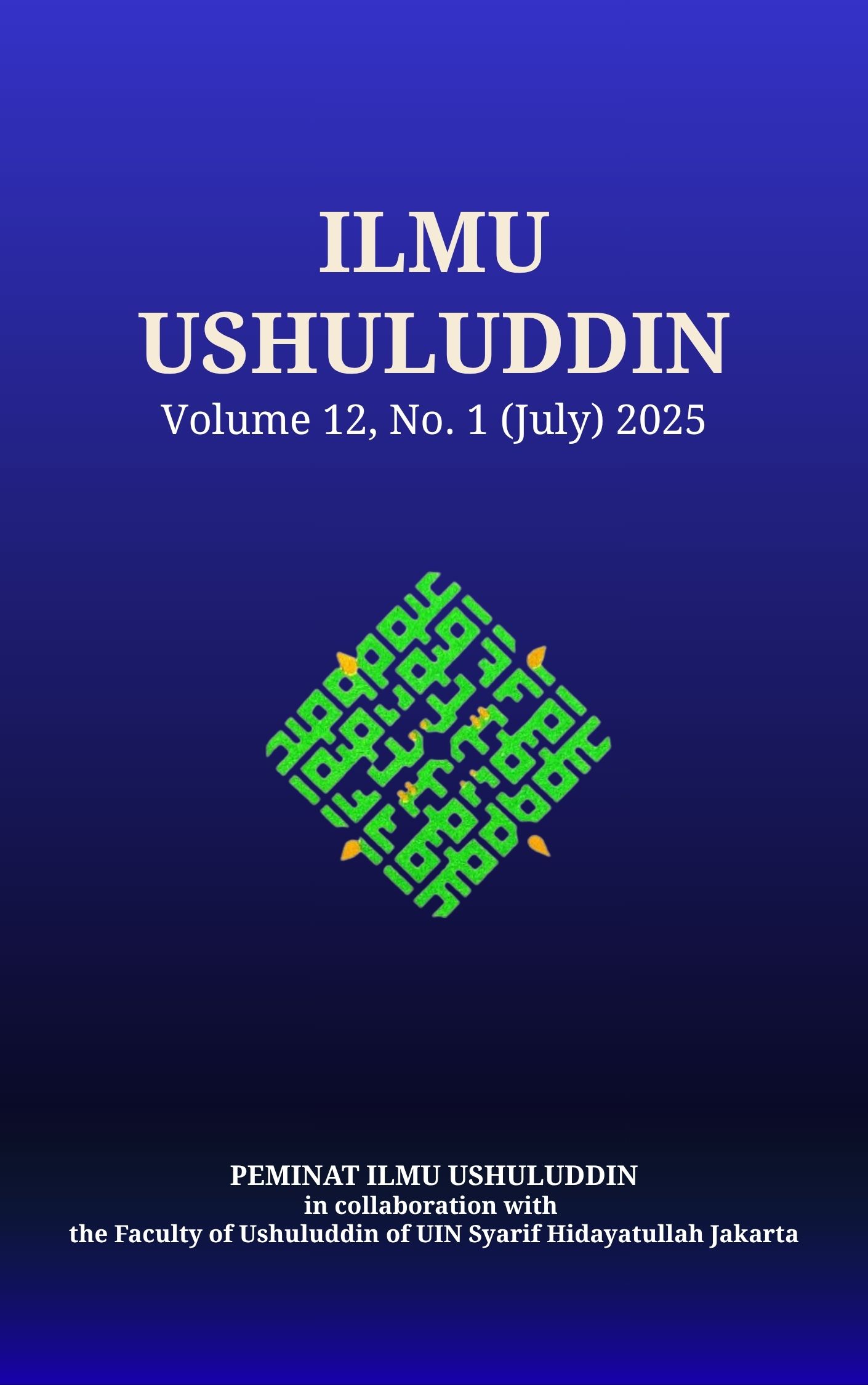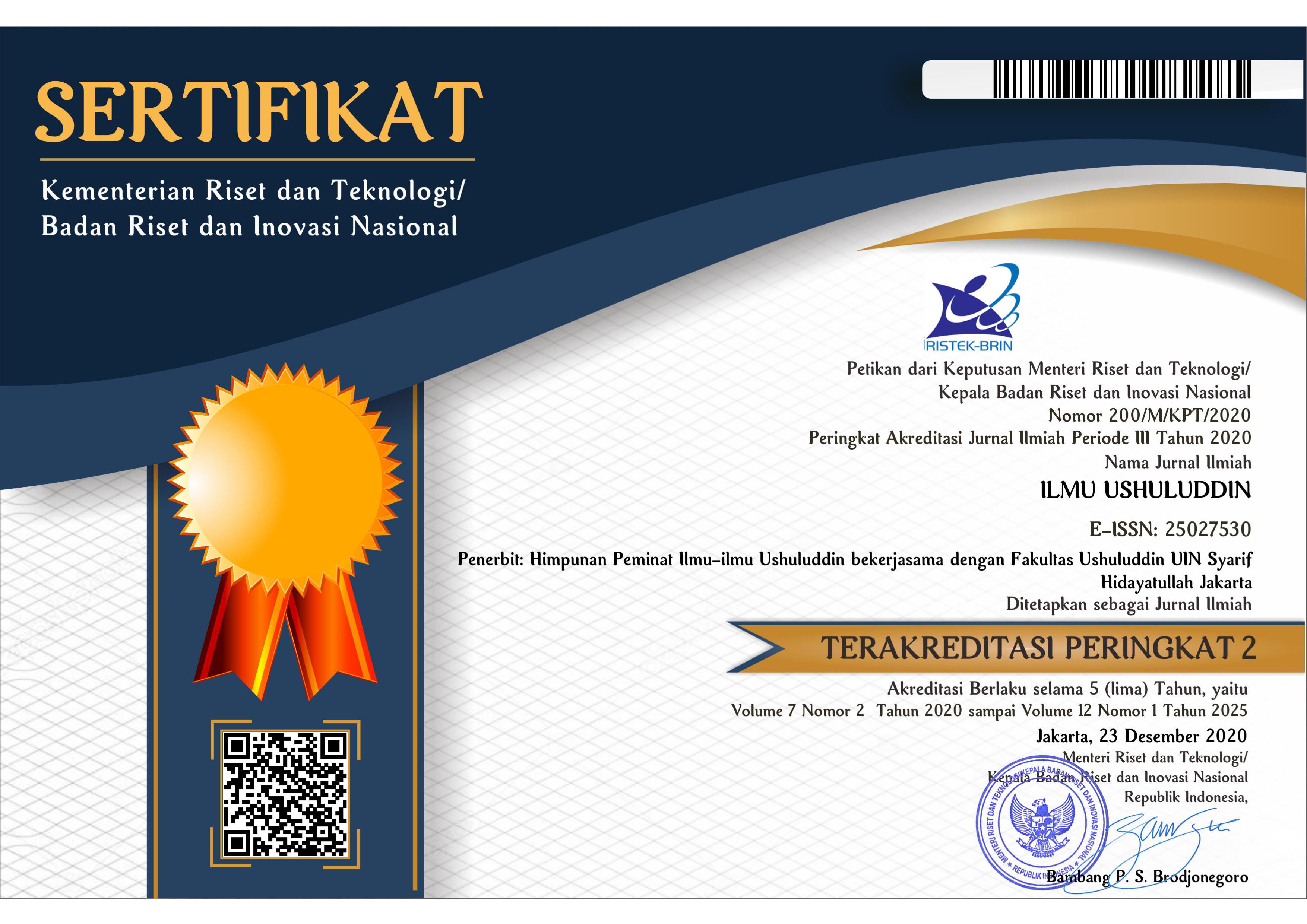TRANSFORMATION OF KAILI TRIBE RITUALS POST-ISLAMIZATION: INTEGRATING ISLAMIC VALUES INTO LOCAL TRADITIONS
DOI:
https://doi.org/10.15408/iu.v12i1.46781Abstract
The post-Islamization transformation of the Kaili tribe in Central Sulawesi led to significant changes in traditional rituals, especially Pompoura and Disaster Prevention, originally based on animism. This study explores the tribe's adaptation to Islamic influences while balancing the preservation of ancestral traditions and the tension it caused with traditional elders. Using a qualitative approach with descriptive methods, the research involved in-depth interviews, participatory observation, and document analysis. The results indicate that these rituals have been reinterpreted to align with Islamic teachings while maintaining social elements that reinforce community solidarity. This study provides practical contributions to religious leaders and traditional figures in managing cultural change, offering solutions that balance religious values and local traditions. Future research directions could explore other communities to broaden the scope and delve deeper into similar cultural resistance dynamics, focusing on cultural and religious negotiations to create innovative solutions that balance tradition and modernity.




